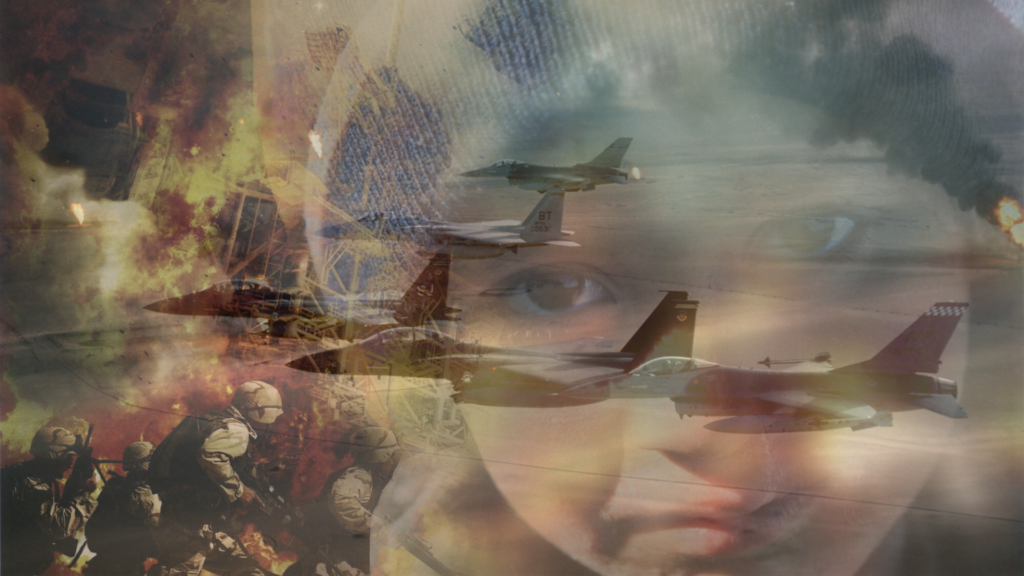WHO — Guiding Global Health for a Better Future
Join Us Find Us The World Health Organization (WHO) remains one of the most influential global health agencies, setting international
In times of war, the greatest battlefield is often the mind.
When the environment around us becomes uncertain, intense, or violent — our mental and emotional health can be deeply shaken. While we may prepare physically, staying mentally strong during a war-like situation is equally crucial, especially for civilians, families, and frontline responders in India.
This blog offers a grounded, practical, and emotionally supportive guide on how to remain mentally fit and emotionally resilient during wartime scenarios.
India is a diverse and emotionally close-knit society. Whether it’s border tensions, military operations, or internal conflict, the emotional impact can ripple far beyond the conflict zone.
Mental preparedness is no longer optional — it’s essential.
Mental fitness is not about suppressing your emotions.
It’s about:
Even 10–15 minutes a day can help. Simple routines like:
These practices reduce cortisol (stress hormone) and anchor your mind.
War-time media is filled with fear-triggering content.
Instead, consume news once or twice a day, then disconnect.
Fear grows in silence. Speak to:
Share your emotions, even if it’s just saying, “I’m scared.”
Expression leads to healing.
War anxiety is a real mental health condition. You may feel:
If these persist, consult a mental health expert. Many NGOs and mental wellness platforms offer affordable or free sessions during emergencies.
Panic is often caused by lack of clarity. Learn:
Knowledge reduces fear.
Just like a physical emergency kit, create a mental kit:
These small tools help you anchor your mind during chaos.
Children may feel scared but not say it. Elders may feel helpless.
When you’re mentally strong, you become their emotional shield.
Community connection can be the strongest emotional support.
You are allowed to pause.
Moments of normalcy are not denial — they’re survival.
Even in war, humanity shines through.
Let that hope remind you: This too shall pass.
And when it does, your mental strength will help rebuild everything else.
Share these. Use them. Save them.
You don’t have to be on the battlefield to prepare like a warrior.
Inner calm, emotional clarity, and mental strength are your weapons.
Because when the outside world is unpredictable, the mind becomes the strongest defense.
Let’s build a mentally resilient India — together.

Join Us Find Us The World Health Organization (WHO) remains one of the most influential global health agencies, setting international
Join Us Find Us Childhood is not just about growing taller or moving to the next class. It is about